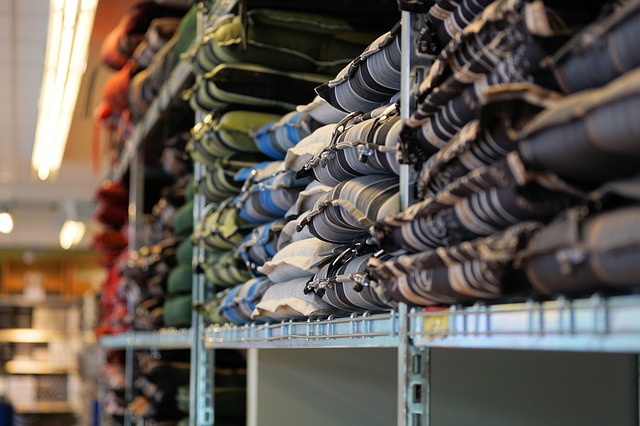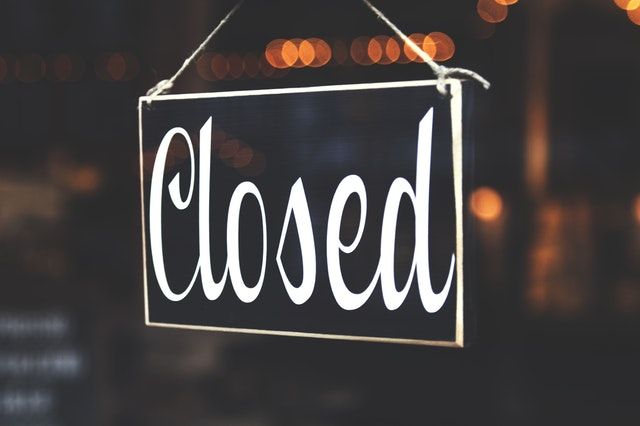
The court’s landmark 5-4 vote on the issue will take away the special break the e-tailers have enjoyed and overturns a 1992 decision that they were exempt from collecting sales taxes.
The Supreme Court ruling specifically addressed a South Dakota situation. That state filed a 2016 lawsuit against online retailers Wayfair, Overstock.com and Newegg over the issue of state tax collection. The high court decision means that online merchants can no longer claim an exemption from collecting sales taxes based on the fact that they have no presence in the states where they sell their wares.
Justice Anthony Kennedy, representing the majority of the justices, said that vast marketing changes no longer justify the practice. It has given the e-commerce marketers an “arbitrary advantage over their competitors who routinely collect state sales taxes,” he said.
The losses in sales tax revenues from the online sales have cost states as much as $33 billion each year, Kennedy noted. In 1992, only 2 percent of Americans had internet access. That figure today is about 89 percent and the percentage of online sales rises regularly. Today, some 9 percent of all retail sales are made on the net, and the rate is growing at four times the rate of the increases in the brick-and-mortar outlets.
Retailers in general applauded the Supreme Court action, realizing that it levels the playing field among merchants online and off. “The Supreme Court has acted correctly in recognizing that it’s time for outdated sales tax policies to change as well,” said Matthew Shay, president and CEO of the National Retail Federation.
Retailers are urging Congress to step up to the plate and craft additional legislation that will permanently resolve the inequities caused by the sales tax issue. The complexities grow as large e-tailers such as Amazon acquire smaller businesses and the mix between big-box stores and small outlets and the erosion of boundaries between in-state and out-of-state sales increases.



